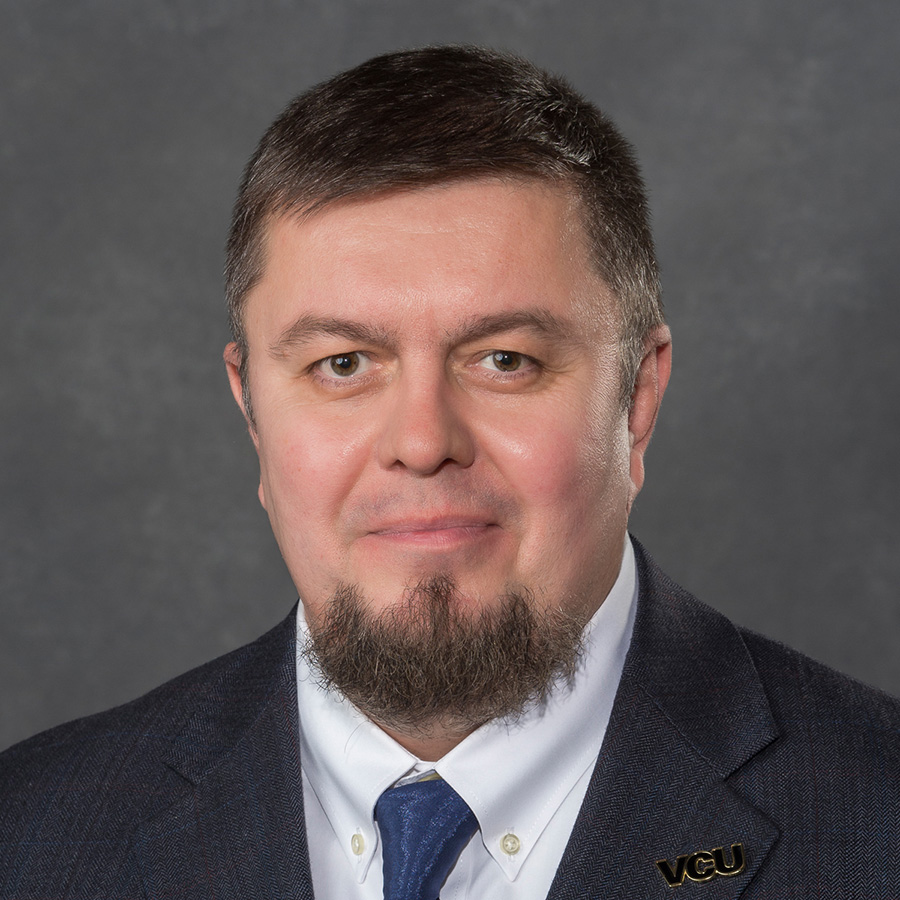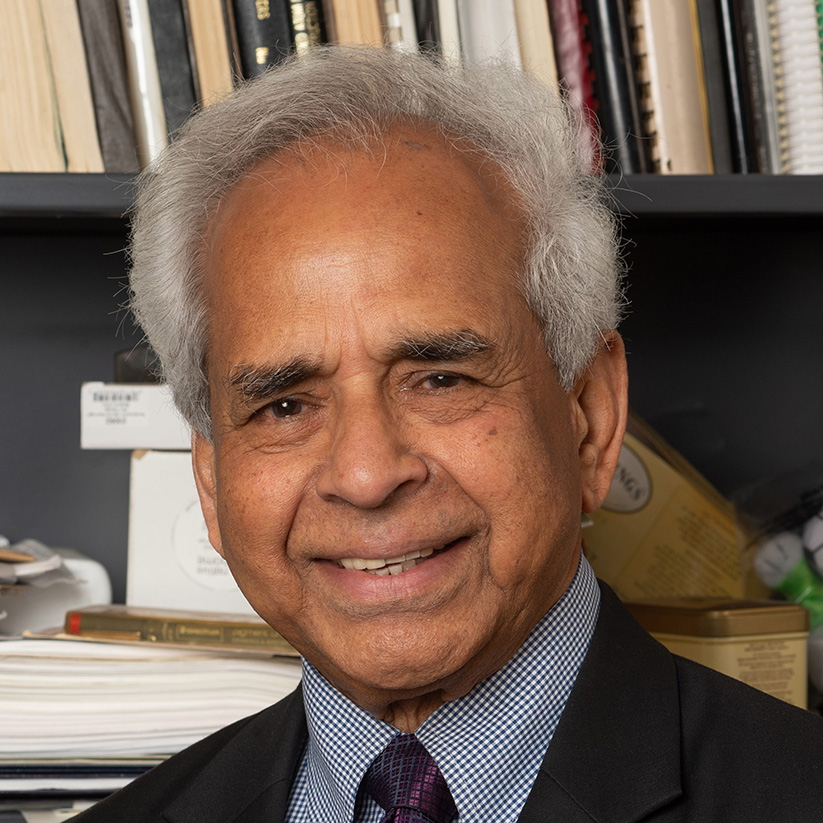Condensed Matter Physics
Condensed matter physics explores how atoms, when grouped to form solids or liquids, display a variety of mechanical, electrical, optical and magnetic properties.
These properties are shaped not just by the atomic arrangement but also by the composition of the matter. Even small changes, like impurities or defects, can significantly alter these properties. This is especially critical in semiconductors, where adding impurities can change their electrical and optical characteristics. Understanding these properties and their relation to the matter's structure and composition is key in this field.
Our research delves into the electrical, magnetic and optical properties of metals, alloys and semiconductors. This research is conducted using advanced experimental and theoretical methods.
Projects include:
- Studying defects in semiconductors like GaN and ZnO
- Investigating new forms of carbon and boron nitride
- Developing complex hydrides for hydrogen storage
- Capturing harmful gases in porous structures
- Creating specialized alloys like BeMgZnO for solar-blind detectors
This research not only enhances our understanding of condensed matter but also contributes to the development of new technologies.
Experimental Condensed Matter Physics Faculty
Professor
and Director of the, Nanoscience and Nanotechnology Ph. D. Program
nanostructures
nanoparticle composites
cluster-biomolecule composites
Professor
and Director, M.S. in Physics Program
Photoluminescence
semiconductors
Theoretical Condensed Matter Physics Faculty
Associate Professor
Theoretical condensed matter
Theoretical biophysics
Distinguished Professor
and Director, Institute for Sustainable Energy and Environment
atomic clusters
nanoscience
condensed matter
Emeritus Professor
atomic clusters
cluster assemblies
nanoscale materials







